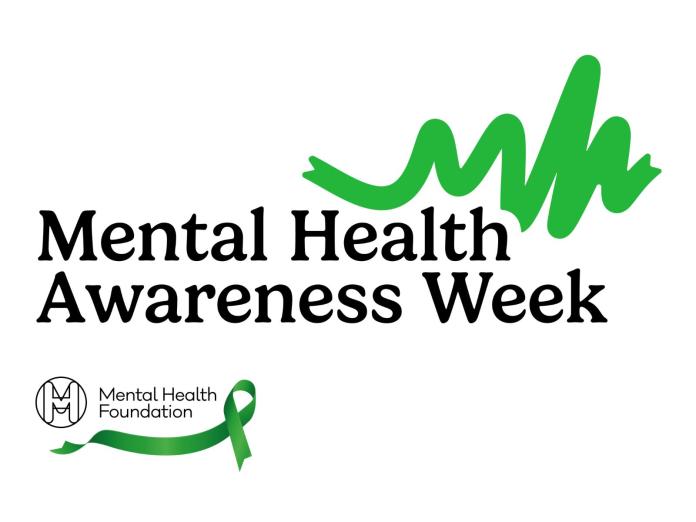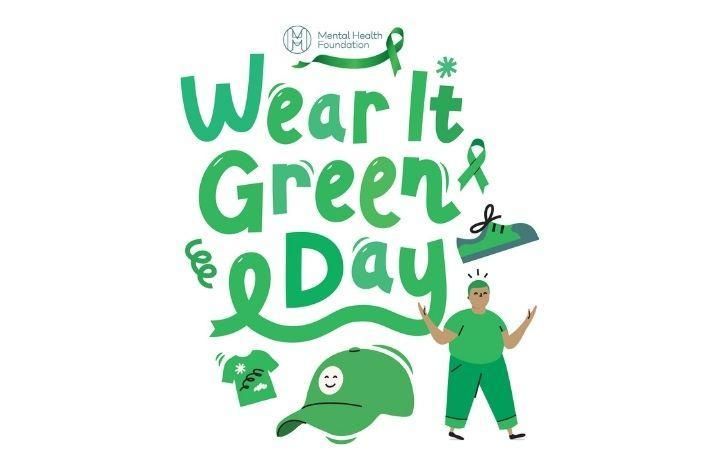Mental Health Awareness Week 2024 will take place from 13 to 19 May, on the theme of "Movement: Moving more for our mental health".
Being active is important for our mental health. But so many of us struggle to get enough exercise. We know there are many different reasons for this, so this Mental Health Awareness Week we want to help people to find moments for movement in their daily routines. Going for a walk in your neighbourhood, putting on your favourite music and dancing around the living room, chair exercises when you’re watching television – it all counts!
In the coming weeks, we’ll be sharing more information on how you, your school, or your organisation can get involved in this year’s Mental Health Awareness Week.

About Mental Health Awareness Week

Support Mental Health Awareness Week
Mental Health Awareness Week is an ideal time for us all to think about mental health, tackle stigma, and find out how we can create a society that prevents mental health problems from developing and protects our mental well-being. But we can't do it without you!

Order a green ribbon
The green ribbon is the international symbol of mental health awareness. Order your green ribbon to raise awareness and support good mental health for all, throughout the year.

Make a donation
We rely on donations from our supporters to continue our work for good mental health, including running Mental Health Awareness Week each year.

Sports challenges
Take part in a run, cycle, trek or skydive to raise money for us. We can’t wait to welcome you to the Mental Health Foundation team!

Wear it Green Day
It’s time to go green for mental health. We’re calling on you to go green and raise money for mental health by running your own Wear it Green Day event.
Partner with us for Mental Health Awareness Week 2024
Anxiety
Anxiety is a normal emotion in us all, but sometimes it can get out of control and become a mental health problem.







